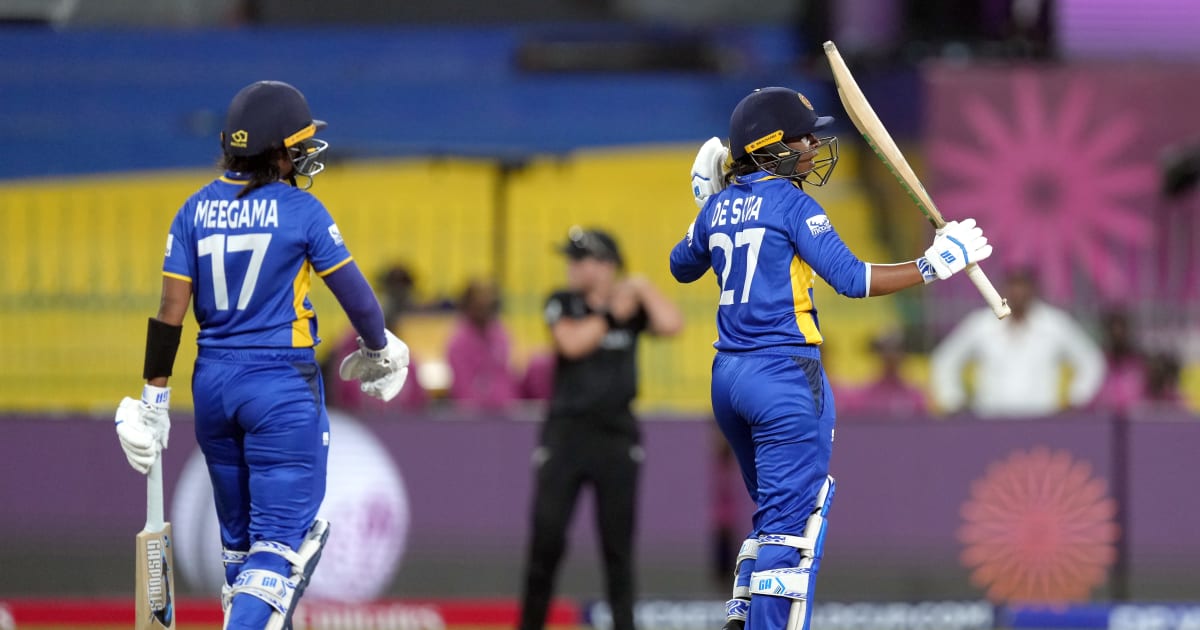Churchill-inspired Frenchman waging war on ‘cheating’ No9s at scrum feed

It was an acceptance that referees had for so long not bothered monitoring the feed, like umpires ignoring no-balls in cricket, that they might as well formalise some of what was already happening. That affronted some people too.Those who are in favour of its reintroduction bemoan the drift in feeding as a slip of standards, see it as depowering the scrum, and teams who are dominant in that area, plus it diminished the skill of hooking the ball back; and what is more, it is downright bloody cheating if you ask me. That is usually the way the enraged comments go.Good news, then, for all who think this way. Raynal, who retired from refereeing last year, agrees with you. This season, in the Top 14 and Pro D2 — France’s second tier — referees have been told to be incredibly hot on dodgy scrum feeds. Free kicks and penalties have rained down, and the coaches are not happy, but now 90 per cent of feeds are straight, and Raynal’s team are determined to stick by their guns to Save Our Scrums.“I did not just wake up in the morning and decide this,” Raynal says.“It has come from the coaches. Ninety per cent of feeds last season were straight into the second row. We want more equity. I have said to them, ‘OK, we will referee it, but we will not step back in a month when everyone complains.’ And that’s exactly what has happened. They are starting to complain. And I have said to them, ‘We are continuing to do it.’ Now it is totally different. Very clean. We now have some defensive scrums winning against the head, with a shove or hook. We come back to the scrum needing to be a fair fight.“Every two months I have a meeting with all the scrum coaches in France and the referees. We put on the table what went well and what didn’t. Feeding will be on the table in every meeting from now until the final. But they are adapting now, and they are happy. Credit to them and to the players, they have taken it seriously and done it.“What did Churchill say? ‘If we are together nothing is impossible. If we are divided, all will fail.’ Everyone thought it was impossible, and one day someone thought it wasn’t. Maybe other countries will say we are crazy — maybe some of our French stakeholders will, too — but we will continue to do it.“If we don’t do it, in two years even you can be a scrum coach. Now the clubs are working on scrummaging in training again. When you ask people about rugby who don’t understand the game, and ask them what they like about the game, the one thing they all say is the scrum. It is our identity. We have to respect that.”Raynal hopes World Rugby will see the French data, and bring this change into the Test game soon. And he is not stopping at scrum feeds. He and his referees are also clamping down on players illegally defending mauls to stop them advancing.“When the entry point is legal and a player swings around a maul, we think it should be a penalty,” he explains.“When you swing around the maul, you disrupt it. Even if you are a journalist, you can disrupt a maul if you swing around the side.“Teams — Toulouse and La Rochelle among them — admitted to swinging round the side of mauls, but then they also said they thought it should be a penalty kick. We decided collectively that it should be a penalty kick. It’s more accessible for the fan and it’s fairer for both teams. That’s rugby; to win the fight. We see players entering the maul legally and then swing around the opposite side. If they do not move, we penalise them. Now, we have very clean mauls.”The third French law alteration is more aesthetic but, they believe, clearer. The French — and Raynal himself — initially railed against the introduction of the 20-minute red card, a southern hemisphere idea which has now proliferated across the globe.He and they felt that allowing a punished player to be substituted when they had committed a bad act of foul play was not right, but are going along with it now. Although to differentiate the watered-down red card from a full dismissal, they have coloured the middle-ground card orange. Everywhere else the card remains red but the referee signals it is a 20-minute ejection by crossing their arms above their head.“It is easier for the fans to understand what is going on,” Raynal says. “It is a different colour to red and yellow with a different outcome. It is important for fans in the stadium. With orange, everyone knows that it is 20 minutes off the field.”Raynal’s referees are also empowered to decide which colour card is appropriate with their own judgment, and he believes that is better than relying on World Rugby’s “bunker” system, where a second television match official can upgrade or downgrade a card.“If the guy in the bunker was better than the guy in the middle then he should be in the middle. The best referees are in the middle and are now able to make the decisions, with three sanctions,” he explains.Raynal also believes that endless TMO interruptions can waste too much time so wants to cut down on them, in a sport that he says already wastes 18 minutes per match on setting scrums, 12 minutes for lineouts, and ten minutes for substitutions and injuries.All of these alterations, he says, are for the good of the sport.“We’re thinking about the general interest in our sport. I don’t care about personal interests of a club, coaches or myself. If I fight for consensus, I think it’s important for our sport,” Raynal concludes.











